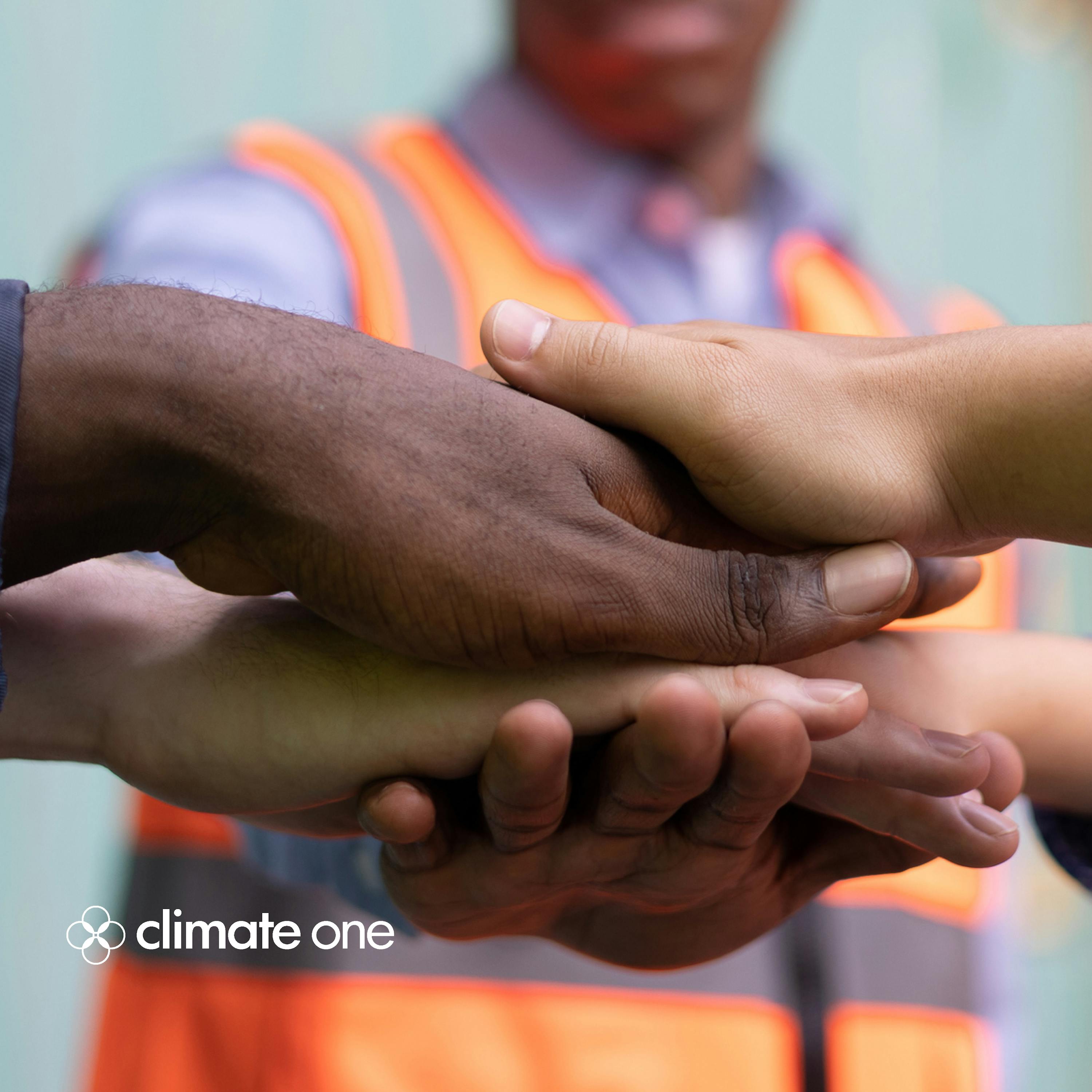Community Resilience: Knowing Your Neighbor Could Save Your Life

b'Disasters caused by burning fossil fuels are becoming more frequent, and in the aftermath of hurricanes, floods and wildfires, federal and state responses are often slow or insufficient. There is a growing body of research showing that neighborhood ties can be the difference between life and death: Socially connected neighbors are less likely to die from excessive heat or other extreme weather events. Community-based action, like mutual aid, can bring resources to people overlooked by overburdened governments. What tools can a community use to prepare for fossil fueled disasters?\\xa0\\n\\nGuests:\\nTanya Gulliver Garcia, Director of learning and partnerships, Center for Disaster Philanthropy\\nChenier \\u201cKlie\\u201d Kliebert, Executive Director, Imagine Water Works\\nAmee Raval, Research and Policy Director, Asian Pacific Environmental Network (APEN)\\nJustin Hollander, Professor, Urban and Environmental Policy Planning, Tufts University\\nReverend Vernon K. Walker, Climate Justice Program Director, Clean Water Action\\n\\nFor show notes and related links, visit our website.\\nLearn more about your ad choices. Visit megaphone.fm/adchoices'